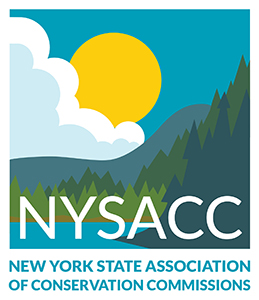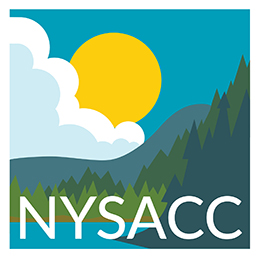President’s Message

The Power of Ideas
I’m always amazed no matter how many times I see evidence of how powerful an idea can be in changing history. More powerful than the largest army. More powerful than even our instincts within our own human psyche. I came across two examples recently while reading the New York Times, both published the same day. One was a news piece on the current state of the pandemic in this county and the other an opinion piece on revisiting a national icon after a long time away. The first idea came from a Covid article about ICUs in a state being inundated with the unvaccinated. It featured a 62-year-old woman, who had been admitted to a local hospital in her area. She recalled: I felt like I’m dying”. Like many others, she believed that the shots were not safe. “I was misinformed,” she said, after a 5-day hospital stay. “I wasn’t ready, and I was scared.” The other idea came from an opinion piece that chronicled a woman’s return to Yosemite National Park after having last been there in 1993 as a park ranger intern. She had brought her 13-year-old son from their home in New York State early in July to introduce him to a place she’d talked about his entire life. His first glimpse of the valley “still delivered”. Her son told her: “I had no idea it would be this pretty.” What he didn’t see was the change to the park in less than three decades: forests decimated by wildfires, or other trees dying off, victims of insect infestations abetted by warming temperatures and milder winters. Bridalveil Falls has become a trickle sooner in the year because of rapidly retreating glaciers and a decreasing annual snow pack. She quoted an environmental philosopher: “Nature wasn’t ever invincible – and we know this because we’ve been able to hurt it so much.” He stated that because we had a long period of stability until recently, we thought nature was all powerful, that it would be here forever: “We’re being shocked out of that now.”
Two ideas: Misinformation and nature in decline. What do they have in common? As conservation advisory commissions and sustainability committees, we deal in ideas. How we manage those ideas determines how successful we are in reaching our goals of protecting nature from man-made changes to our climate. It is our responsibility to bring these ideas to the attention of our municipal governments and our community’s residents and businesses. The path has been difficult due to ignorance, greed, and, worst of all, indifference. Not misinformation, but information based on science is the powerful idea. Connecting the dots for those who have not yet done so, that we have to move from a carbon-based economy and life-style to a carbon free world, is the powerful idea. Doing so is not a question of choice, but of responsibility As, is often stated about the Climate Crisis: There is no Plan B.
NYSACC, an organization representing people who have always had in their hearts the understanding that we humans, who can do so much damage, can also do so much good, is celebrating its 50th Anniversary this year. We are holding what we believe will be an excellent Conference on the Environment this fall. It will be filled with ideas, which we hope you can take back to your home communities and continue the efforts to substantially modify this past,
or in many cases, start the process of creating a new, sustainable and resilient future. Aptly, our conference theme is “Building Resilience Through Community Action.” We look forward to seeing you in a virtual platform that will be the closest we have found to having an in-place conference.
All the best and stay well.
Simon




You must be logged in to post a comment.